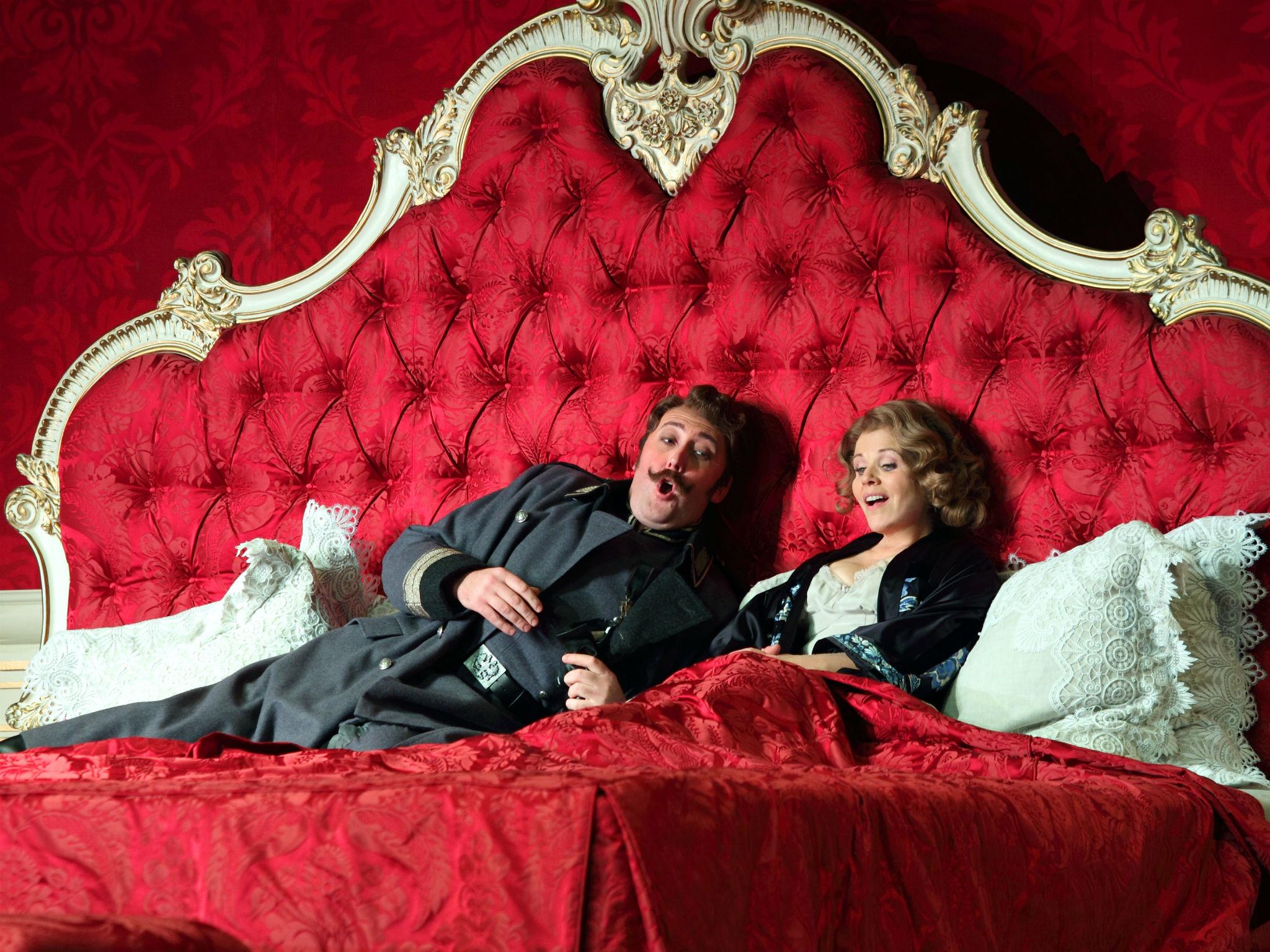

The piece thus requires a director who is capable of exploring all of the opera’s facets, and Robert Carsen proves an excellent choice.

She fully appreciates that, much as Octavian says he loves her now, he will eventually leave her for someone younger, and that there is nothing she ever could, or should, do to prevent this. While Der Rosenkavalier is in many ways a comedy, it contains many profound elements including the Marschallin’s recognition of her own mortality. She, however, recognises the way of the world and releases him so that young love can flourish.ĭer Rosenkavalier © ROH Catherine Ashmore After it succeeds, the path seems clear for the pair to be happy, but Octavian and the Marschallin still have feelings for each other. As Baron Ochs proceeds to prove just how rude and crass he is, Sophie resolves not to marry him and she and Octavian hatch a plan to expose his lecherous ways. When Octavian does so, however, Sophie immediately falls in love with him. When the Marschallin’s grotesque cousin Baron Ochs asks her to suggest a candidate to present the young Sophie von Faninal with a silver rose, which signifies Ochs’ proposal of marriage to her, she suggests Octavian, who he does not know is the Marschallin’s lover. Princess Marie Thérèse von Werdenberg, known as the Marschallin, enjoys a relationship with Octavian, despite the fact that she is married and he is considerably younger than her. In addition, it features an older woman who is also capable of standing in the way of the couple, but who honourably chooses not to do so. Like Rossini’s Il barbiere di Siviglia and Donizetti’s Don Pasquale, Richard Strauss’ Der Rosenkavalier is the story of an ageing man attempting to put himself between two young lovers.


 0 kommentar(er)
0 kommentar(er)
